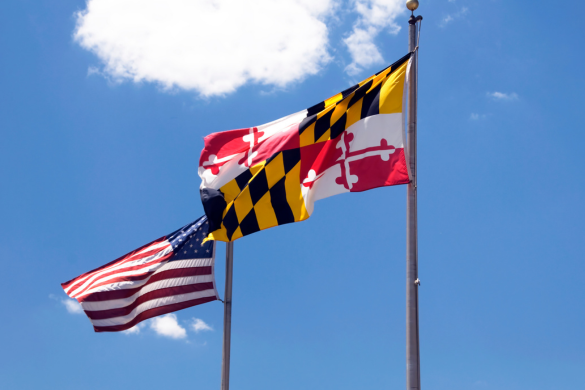Maryland Governor Martin O’Malley has signed into a law that removing questions about criminal history from Maryland state job applications and postponing such questions until later in the hiring process. It is the latest sign that the nationwide movement to reduce unfair barriers to employment for people with criminal records is gaining momentum. The National Employment Project has a great press release trumpeting this positive development.The New York Times has also editorialized on the need for this reform, stating:
Sixty-five million Americans have criminal records that might cause them to be denied jobs, even for arrests or minor convictions that occurred in the distant past. Last year, the federal Equal Employment Opportunity Commission reaffirmed a longstanding ruling that it was illegal to screen out employees unless the offense was directly related to the job
The problem, however, has become so acute that a growing number of states and municipalities have explicitly prohibited public agencies — and in some cases, private businesses — from asking about an applicant’s criminal history until the applicant reaches the interview stage or receives a conditional job offer. In addition, many jurisdictions now require employers to show that the disqualifying offenses are directly related to the position in question.
Laws or administrative directives of this nature have been enacted in 50 cities and counties and in eight states, according to a recent analysis by the National Employment Law Project, a research and advocacy group. Other states are joining the effort to remove unfair barriers to employment. Bills that would give ex-offenders a fairer shot at getting a job are pending in six state legislatures: California, Michigan, Minnesota, New Jersey, North Carolina and Rhode Island.











